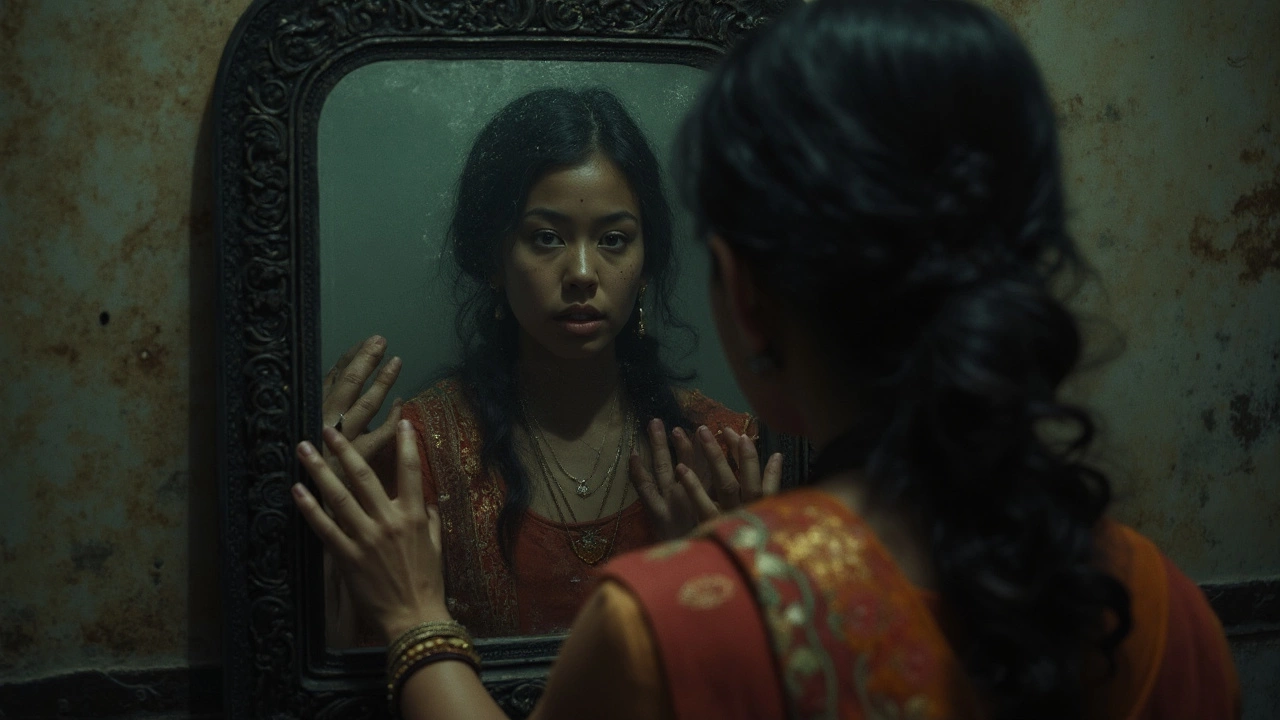
Black Mirror: Why Do These Mirrors Unsettle Us So Much?
Why does a black mirror give people a sense of unease? This article breaks down the psychology, history, and real-life uses behind these unsettling objects. From scrying to self-reflection, you'll find out why black mirrors can mess with your mind. Plus, get some tips for handling the strange feelings these mirrors can spark. You'll never look at your reflection the same way again.
View More